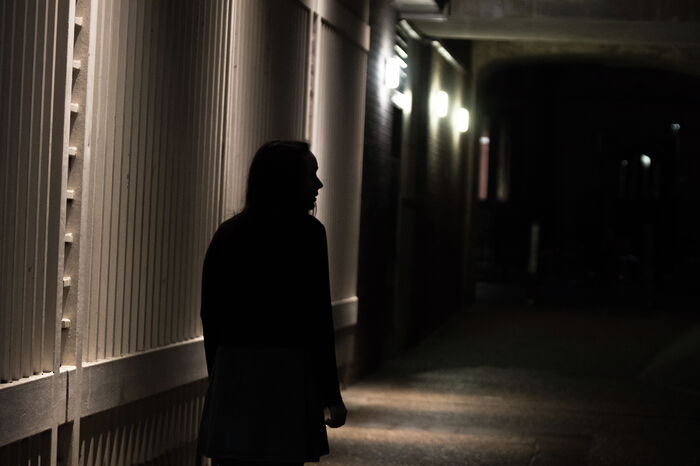Petition launched to give sexual assault victims special consideration for exams
The petition has so far gained over 1,700 signatures

A petition has been launched by CUSU Women’s Officer Audrey Sebatindira to push UK universities to class the experience of sexual assault as an extenuating circumstance for students sitting exams.
In the petition, Sebatindira cites recent findings by The Guardian, which state that “sexual harassment at universities is at epidemic levels,” with almost 300 claims having been made nationally against staff since 2011. The research found that the University of Cambridge had seen thirteen formal allegations over the same period.
Since students who fall ill during assessments “can apply for re-assessment options”, argues Sebatindira in the petition, “why isn’t that the case for a student who has been sexually assaulted?”
Adding that “universities need to understand that surviving sexual violence can and does prevent people from working to the best of their ability,” Sebatindira urged universities to class sexual assault as a mitigating circumstance to ensure they are “fully supportive of survivors”. Students who have experienced sexual assault “should expect sufficient support, not simply hope for it,” she emphasised.
In January, the University made a number of changes to its procedure for dealing with allegations of harassment and sexual misconduct, including the creation of a formal process for investigating alleged incidents.
On the provisions available for students at the University of Cambridge, Sebatindira told Varsity: “Currently, Cambridge doesn’t explicitly list sexual assault as an extenuating circumstance.” Although “there is scope for that to come under ‘grave circumstances’,”she argued that a “separate category should be set in place” so that students feel comfortable coming forward about their experiences.
“Now that I’m coming to the end of my term, I’ll be advising my successor [Lola Olufemi] to consider lobbying about this on University committees,” she continued. Sebatindira added that she would in the meantime be “writing a letter to the Office of the Independent Adjudicator [an independent body set up to deal with the complaints of students against universities] about the petition,” which has so far garnered over 1,700 signatures.
However, Sebatindira hopes that the amount of signatures will increase significantly, to enable her to present the petition to Universities UK and the Office of the Independent Adjudicator, while “seeking national coverage of the petition so as to begin swaying individual UK universities.”
Speaking to Varsity, CUSU Welfare and Rights Officer Sophie Buck expressed her support for the petition, emphasising that “it is important to recognise the high proportion of people who develop post-traumatic stress disorder (PTSD) after being the target of sexual violence, and this can have long-lasting debilitating effects.”
She cited statistical evidence which presented by RAINN, the largest anti-sexual assault organisation in the United States: “94 percent of women who are raped experience PTSD, with 30 per cent of such women still reporting having symptoms of PTSD nine months after the incident(s)”. Buck raised particular concerns pertaining to Easter Term in Cambridge, arguing that “entering a high-stress period like exam season is likely to bring back or exacerbate [these] symptoms.”
She also noted that “people of any gender can experience sexual assault,” emphasising that while the petition is the brainchild of WomCam, it is emphatically focused on gender equality. She emphasised that “the push to better support survivors of sexual violence is needed for all”.
The petition can be found here
 News / Eight Cambridge researchers awarded €17m in ERC research grants27 December 2025
News / Eight Cambridge researchers awarded €17m in ERC research grants27 December 2025 News / Downing investigates ‘mysterious’ underground burial vault 29 December 2025
News / Downing investigates ‘mysterious’ underground burial vault 29 December 2025 Lifestyle / Ask Auntie Alice29 December 2025
Lifestyle / Ask Auntie Alice29 December 2025 Sport / Hard work, heartbreak and hope: international gymnast Maddie Marshall’s journey 29 December 2025
Sport / Hard work, heartbreak and hope: international gymnast Maddie Marshall’s journey 29 December 2025 Interviews / Meet Juan Michel, Cambridge’s multilingual musician29 December 2025
Interviews / Meet Juan Michel, Cambridge’s multilingual musician29 December 2025









